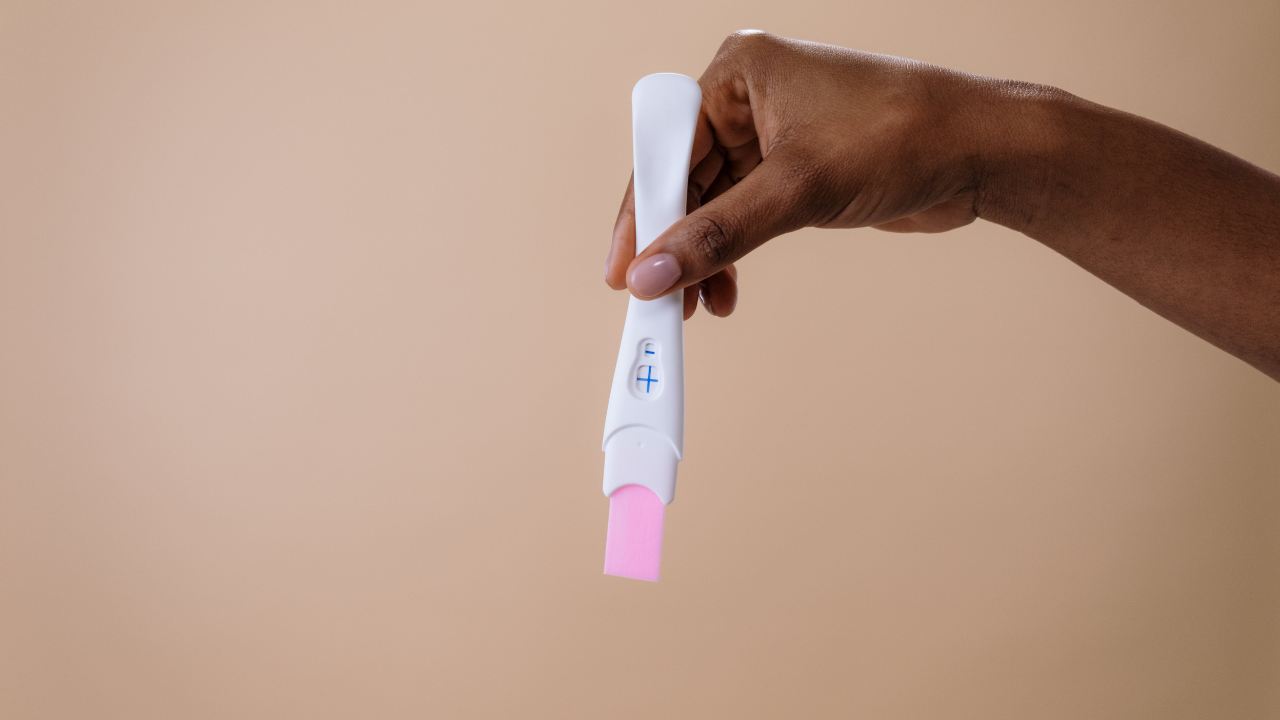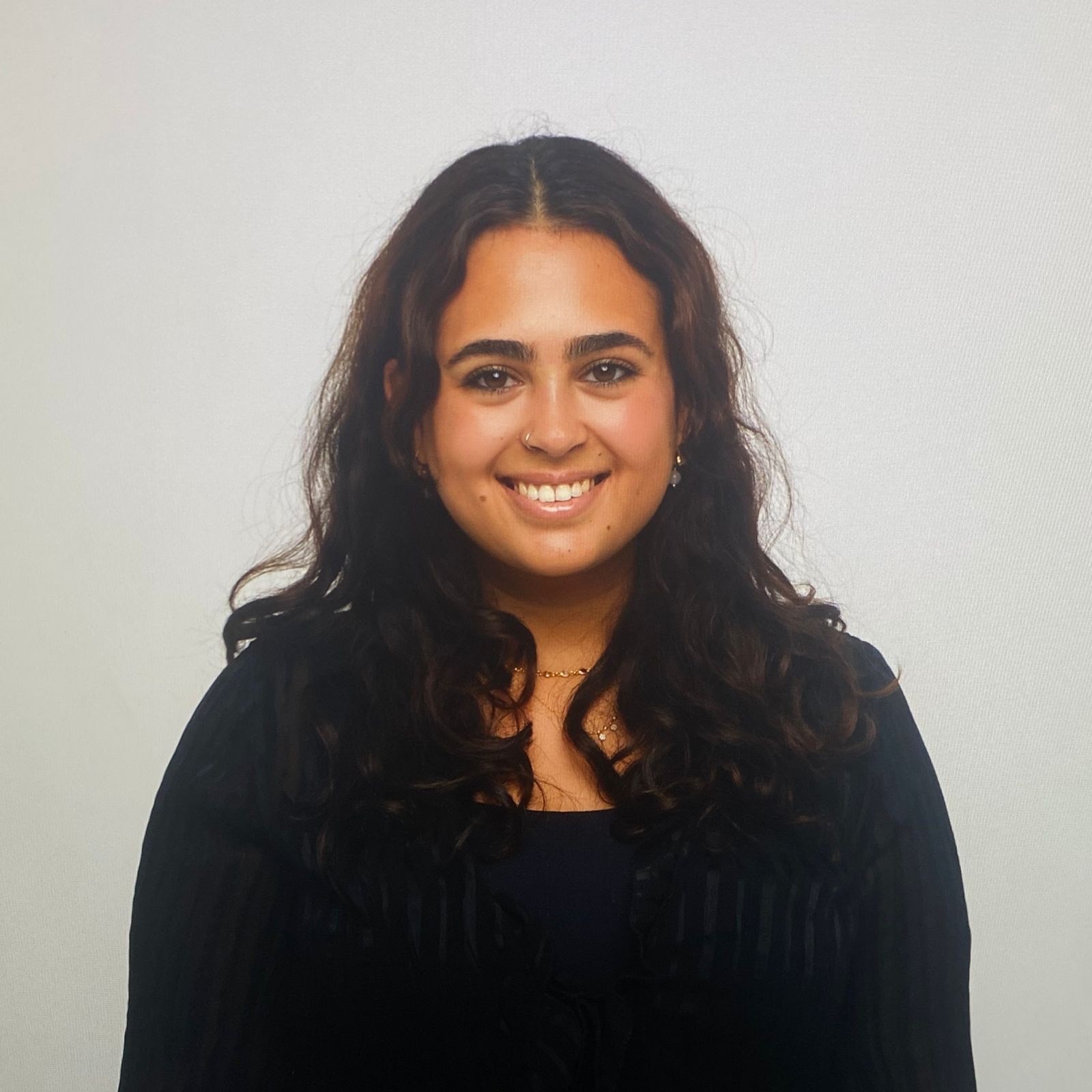
There have been some major changes to laws for unmarried couples in the UAE as of late.
Last year it was announced unmarried couples were now legally able to live together in the UAE and a further update has been made to that law.
It was announced by the UAE government in a new law passed, unmarried couples would now be able to undergo IVF treatment in the UAE. Below, GRAZIA brings you all the details.
Unmarried couples can now undergo IVF treatment in the UAE
Unmarried couples in the UAE can now go through IVF treatments. This progression also consists of the legalisation of surrogacy and egg-freezing in the UAE.
Following a legal change, unmarried non-Muslim couples can now receive IVF treatment in the emirates, as long as they agree to register the child under both of their names, unmarried couples can file for the procedure under new law. Muslim couples wishing to use IVF must provide documentation of their marriage.
What is the law update?
“If there’s no marriage certificate, non-Muslim individuals can seek permission from the health authority to utilise IVF techniques,” stated article 8 of the ruling, published on the government’s Official Gazette.
Specifically, unmarried couples are now permitted to “fertilise a number of eggs sufficient for the transplantation more than once”.
The document continues:“Fertilised eggs may be preserved so that the number required for transplantation can be extracted when needed, for a period of five years, which can be extended for similar periods based on a written request submitted by the spouses.
“When there is no need for the remaining eggs or a legal or medical impediment occurs that prevents their implantation, these fertilised eggs will be left without medical care until they deteriorate naturally, unless the spouses request otherwise.”
This change is an aspect of a larger UAE initiative to modernize the legal system. The first requirement for couples is to submit an acknowledgement confirming the child’s lineage is attributed to either of them. The appropriate authorities from the home country of either spouse would next have to approve this declaration and that would be the nationality the kid would adopt. Once authorized, the procedure can start.
Other noteworthy adjustments have been made to the new law. One of the adjustments is that it is now permissible for couples to use a surrogate to help carry their child. Previously, the legislation prohibited the use of “external insemination.” This provision has been removed, allowing each emirate to establish its own regulations regarding surrogacy.
The amendment also addresses the use of eggs and embryos. The UAE used to forbid the freezing of embryos, however this is no longer the case. Now, eggs can be fertilized and kept for up to five years, for use in the future.









